Caring for Older Pets

As much as we wish it didn’t happen, we can’t stop it, our pets do age. As pet parents, it’s hard to notice the gradual changes but one day you’ll notice that Max can’t jump on the bed anymore. Watch out for the following conditions and how to deal with the symptoms. Experts say to start recording their activity at their fourth birthday and track any changes in their behavior. 1
Senior Status
Cats typically hit the once-coveted title between 10 to 12 years, but for dogs, it varies on their size.
- Small (up to 20 pounds): 10 to 12 years old
- Medium (21-50 pounds): 8 to 10 years old
- Large (51-90 pounds): 7 to 8 years old
- Giant (91 pounds and over): 5 to 6 years old
Cognitive Dysfunction (CD)
Known as the equivalent of Alzheimer’s disease, CD affects nearly half of elderly dogs and cats. It leads to disorientation, reduced or increased activity, social issues, and memory lapses.
- Solution: Keep their mind stimulated with treat toys such as the JW Treat Tower so they are encouraged to think and work for food.
Arthritis
Weak joints – typically in the legs, back, and neck – can cause pets to struggle to get up in the morning and walk or lay down a little funky, and are a sign that your dog might need a little extra help getting around. Cats will start to sleep more hours in the day.
- Solution: Getting a ramp or staircase will allow them to get up and down from higher places, such as the couch or beds, without putting stress on the joints. Other ramps and accessibility products are available as well. Pet strollers are also a great way to ensure your aging dog can get some fresh air.
Weight Gain
As our pets get older their muscle mass and metabolism tend to slow down which contributes to them packing on the Lbs.
- Solution: Transition to senior food earlier so they aren’t eating as many calories but still getting the protein. Keeping your pet active will also help them keep some of the pounds off so check out this article on keeping your cat active.
Vision and Hearing Loss
Pets that can’t respond to known commands and are developing cataracts could be dealing with blindness and deafness.
- Solution: Use more verbal commands if your pet’s eyesight is worsening. They may not like low-light so switch your daily walks to the morning instead of at night. A flashlight can help get the attention of pets who have lost their hearing.
Incontinence
Frequent urination and going back into pre-potty-trained days may indicate a serious problem such as kidney failure.
- Solution: If your vet rules out medical problems increasing the number of litter pans and purchasing pee pads will help keep the problem contained while you are away.
Animals get older and the problems they have overgrown as a puppy may be coming back. Just remember to be patient with them and give them just as much love as before. Not sure what else to get for your aging dog? Read our list of 7 Ways to Better Care for An Elderly Dog.
Sources:
Previous article
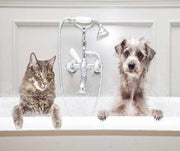
Next article
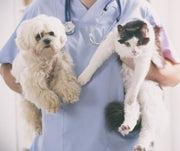
Related posts
View all-
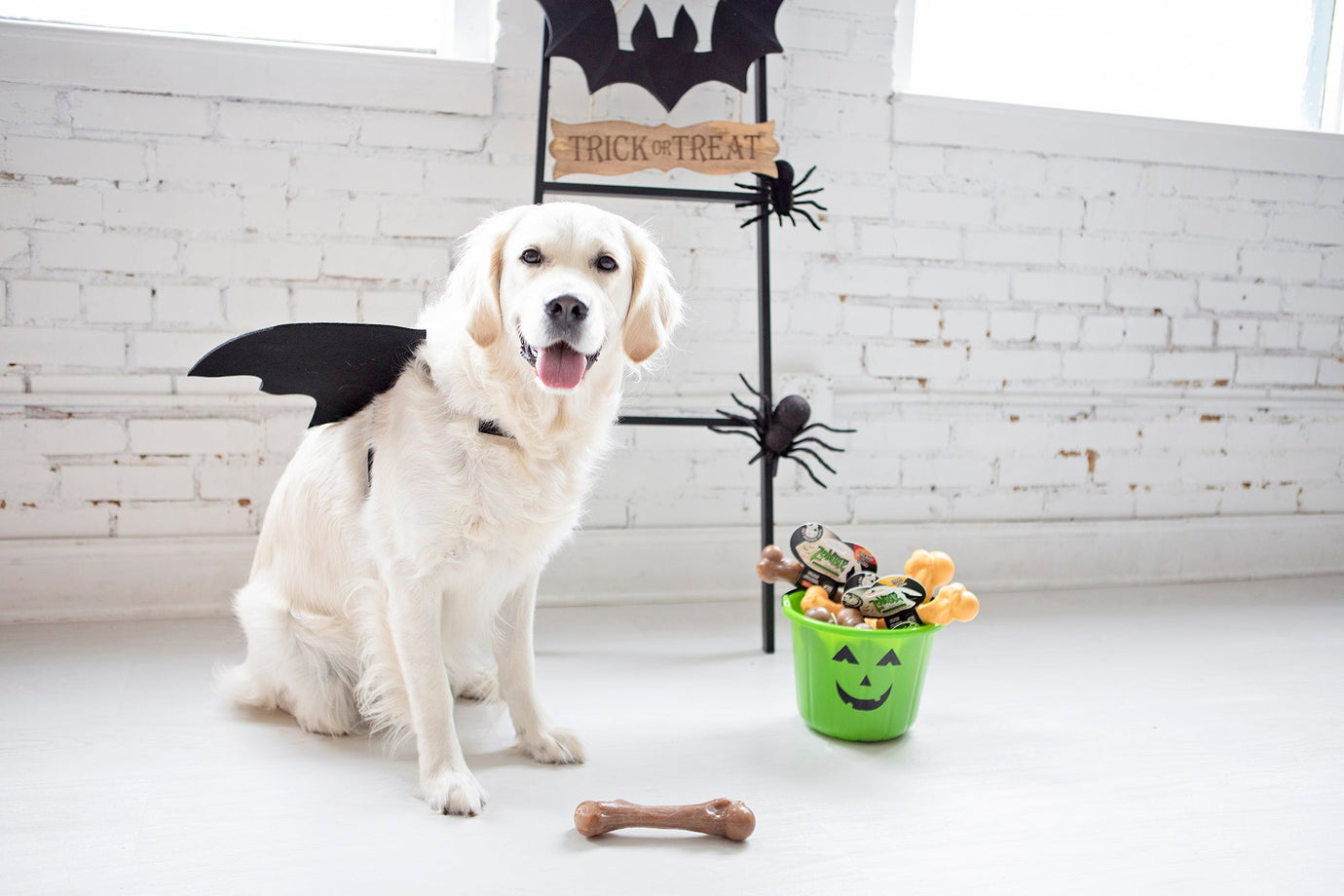
Halloween Pet Safety: Keep Your Furry Friends Safe & Happy
-
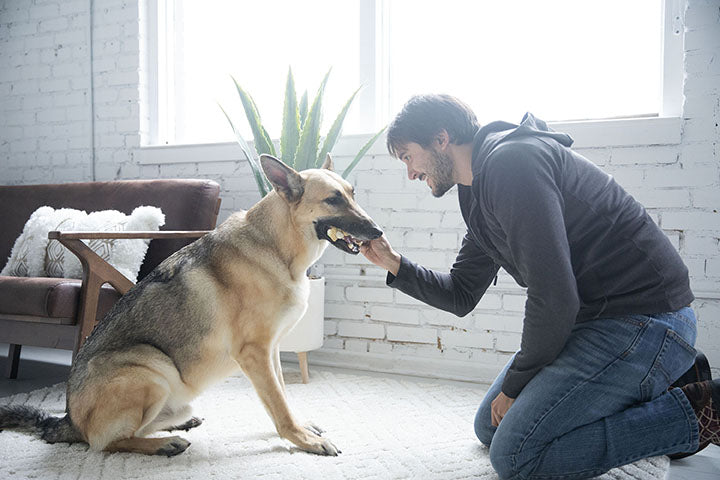
National Dog Week: 7 Fun Ways to Celebrate with Your Pup
The last full week of September marks National Dog Week: a tradition going strong since 1928. Founded by Captain William Lewis Judy, this celebration was created to promote responsible dog ownership, reduce the number of stray dogs, and honor the incredible role dogs play in our lives.
Read Article -
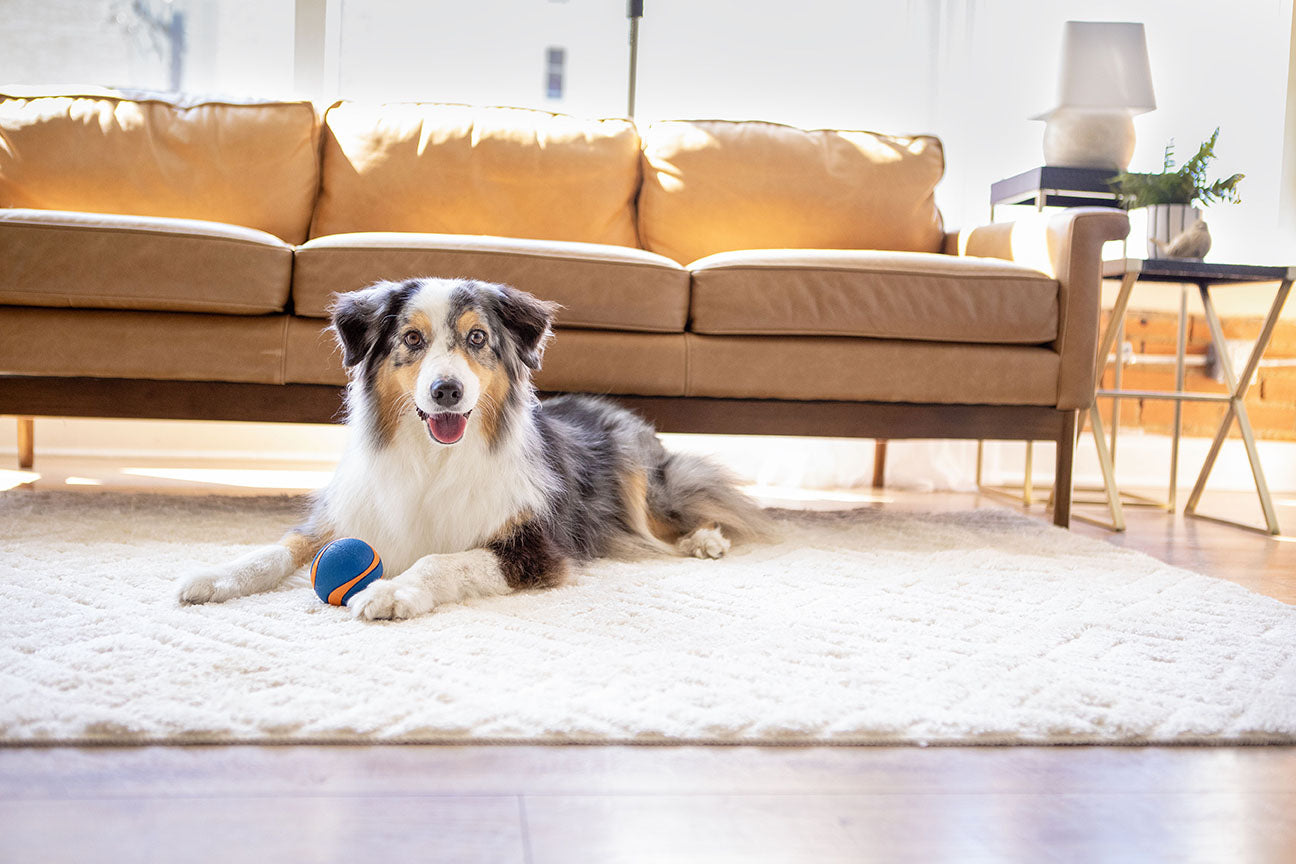
How to Prep Your Pet for Fall: Grooming and Wellness Tips
As the days grow shorter and the crisp air settles in, our routines naturally shift; long walks become brisk outings, and cozy nights become the norm. Like us, pets feel these changes. Helping them ease into the new season ensures they stay happy, comfortable, and healthy.
Read Article



